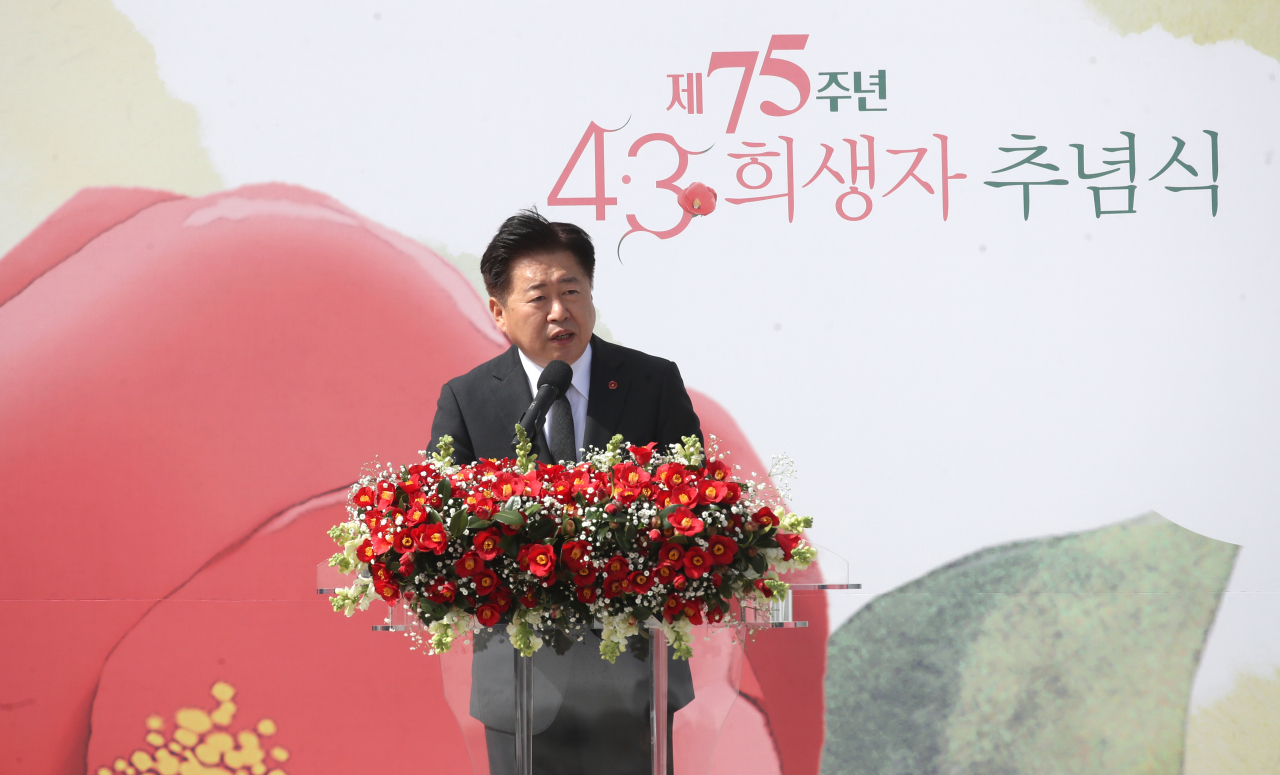Gender equality? Jeju mandates night shift work for female civil servants
By Yoon Min-sikPublished : May 1, 2023 - 14:34
Jeju Special Self-governing Province has mandated its female employees to work night shifts starting Monday, responding to complaints that it is unfair to have only the men work the night shift.
Before, female workers at the provincial office were exempt from late night shifts -- from 6 p.m. to 9 a.m. the next day. The women were required instead to do their shifts during holidays and weekends from 9 a.m. to 6 p.m.
Of the province’s two cities, Jeju city has already implemented night shifts for both genders, while the city of Seogwipo is mulling over whether to follow suit.

Other regional governments across the country have implemented night shift work for both genders to various degrees. For example, the Seoul Metropolitan Government mandates both men and women to work night shifts, but excludes pregnant women, parents with children aged five or less, and single parents with underage children.
Night shift work, or on call duty, has long been a topic of debate, with some men claiming "reverse discrimination" for exempting women.
Last month, Daejeon city came under fire when it was revealed that the metropolitan government ordered female employees to go home during the mass forest fire that broke out on April 2. Male employees were instructed to be on standby indefinitely for duty.
A controversial ruling by the National Human Rights Commission of Korea last December fueled the debate over whether it was fair to have only men have to work night shifts. In December, the NHRCK dismissed a petition by a male employee in the IT department of NongHyup Bank who took issue with his employers mandating night shift only for men, while female employees were ordered to do daytime shifts on holidays and weekends.
The commission said, “Gender inequality can expose women who are more vulnerable to dangerous situations such as violence at night, and the fear and anxiety women may feel while on night shifts cannot be overlooked.”
It added that in the particular case in question, the work intensity of night shifts was similar to that of day shifts, and that it was hard to view night shifts as particularly harsh compared to day shift work.
But following the backlash it received, the NHRCK released a statement two days after the ruling, saying it is “advisable to allocate night shifts to both genders, provided that women do not face difficulties when doing so.”





![[Herald Interview] 'Amid aging population, Korea to invite more young professionals from overseas'](http://res.heraldm.com/phpwas/restmb_idxmake.php?idx=644&simg=/content/image/2024/04/24/20240424050844_0.jpg&u=20240424200058)












![[KH Explains] Korean shipbuilding stocks rally: Real growth or bubble?](http://res.heraldm.com/phpwas/restmb_idxmake.php?idx=652&simg=/content/image/2024/04/25/20240425050656_0.jpg&u=)

